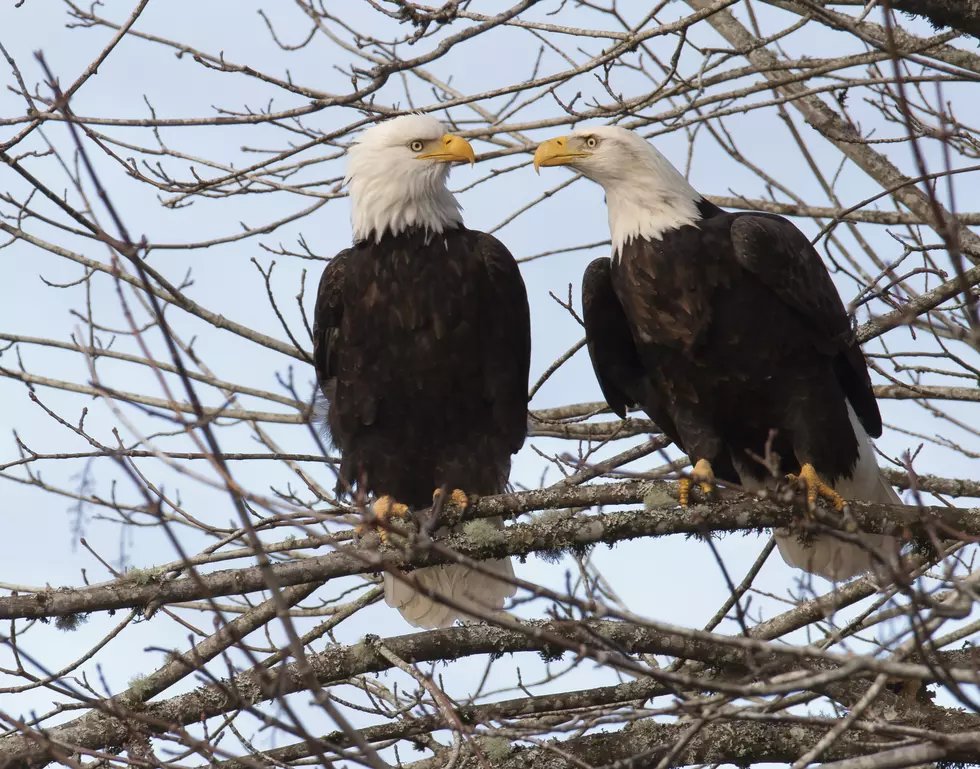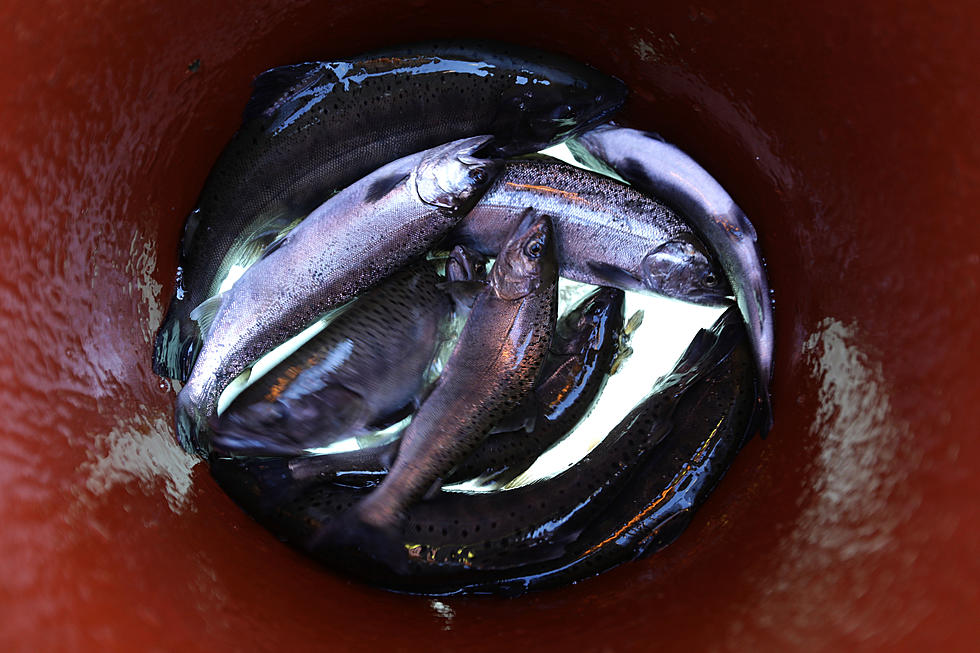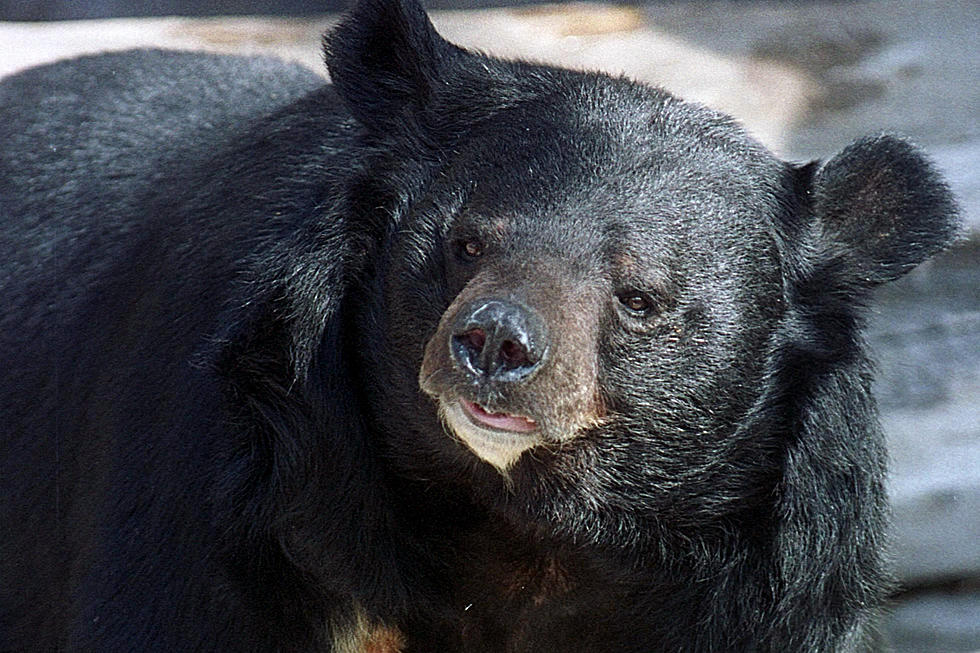
NJ bald eagle rehab has been a success but manmade threats remain
From just a single nesting pair in the 1970s and 1980s to more than 220 as of 2021, bald eagles are one of New Jersey's greatest wildlife management success stories.
That includes an accelerated increase in their numbers in the past decade alone, according to Kathy Clark, supervising zoologist and certified wildlife biologist for the New Jersey Division of Fish and Wildlife Endangered & Nongame Species Program.
However, the habitat of these fowl is changing, just as the human contingent of the Garden State continues to evolve.

In the early part of their recovery, most new bald eagle nests were found in rural areas and among farmland, Clark said, especially in South Jersey along the Delaware Bay.
That's not the case anymore.
"As the population has increased, we are finding them nesting statewide — in fact, they're in all 21 counties now — and there are more pairs that are nesting in suburban and urban situations," Clark said.
Living amongst more people can have its advantages for these birds, according to Clark.
"Some of these older trees that make good nest trees are actually in residential areas, so that can actually work out well," she said.
But there exists a heightened potential for disturbances. These are big specimens, Clark said, but they are vulnerable and need their space, and mostly want to be left alone.
So manmade threats — which make up almost all of the most severe bald eagle dangers, according to Clark — need to be watched and managed as closely as possible.
These include electrocution, vehicle strikes, rodenticides, and lead poisoning.
Not all can be tackled equally easily. For instance, the Division of Fish & Wildlife works with New Jersey's power companies to install equipment that can reduce electrocution risk.
"Some of the other things are going to take more time to help solve, like outlawing certain kinds of rodenticides because they make their way into other species' populations," Clark said.
Know the signs and signals of a bald eagle habitat, Clark said. If they are perched along a lake or other body of water, it's likely they are hunting ... and again, should be left to their own devices.
"Enjoying eagles is a great thing," she said. "You do want to keep your distance from eagles. If they're perched in a particular area, it's because there's something there that they need."
Injured bald eagles can and should be reported to the NJDEP hotline, 877-WARN-DEP.
Patrick Lavery is a reporter and anchor for New Jersey 101.5. You can reach him at patrick.lavery@townsquaremedia.com
Click here to contact an editor about feedback or a correction for this story.
NJ beach tags guide for summer 2022
These are the best hiking spots in New Jersey
Every NJ city and town's municipal tax bill, ranked
More From 105.7 The Hawk










